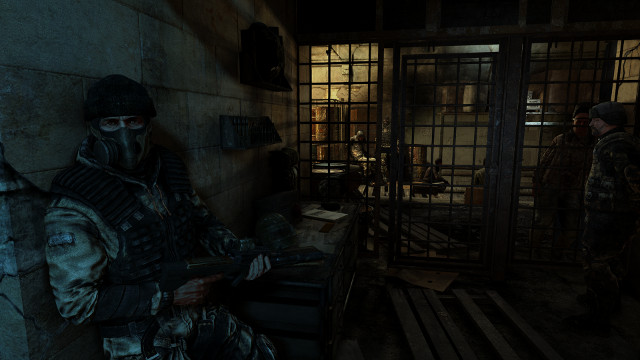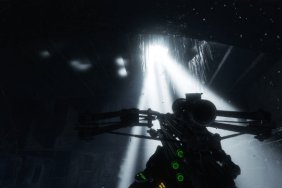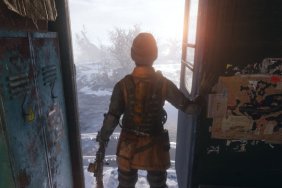Update: 4A Games Creative Director Anrew Prokhorov has posted a comment under GamesIndustry International's article where he thanks Jason Rubin for sharing with the world what the conditions were like during Metro: Last Light's development. It's quite lengthy but you can read it here.
Back aches, annoyingly slow PCs, and heater problems during a frigid winter are just some of the challenges faced by Metro: Last Light's development team.
Working on Metro: Last Light was no easy task, and for much of its development team was a difficult and sometimes painful experience. Jason Rubin, former THQ executive, has delivered a story to GamesIndustry International that brings to light a situation where a team was able to overcome adversity and deliver a game that many would think was high-budget. It wasn't.
His story begins with the following:
Let's be honest: 4A was never playing on a level field. The budget of Last Light is less than some of its competitors spend on cut scenes, a mere 10 percent of the budget of its biggest competitors. Yet it is lauded for its story and atmosphere. It is built on a completely original and proprietary second-generation engine that competes with sequels that have stopped numbering themselves, with more engineers on their tech than 4A has on the entire project. Yet its tech chops are never in question.
Rubin describes the office as extremely small, something around the size of an "underutilized gym at EA Los Angeles offices". Progammers and graphics designers could be seen "elbow to elbow at card tables" sitting on "folding wedding chairs". Nonetheless, they were able to put together one of the highest-rated games for the first half of 2013.
Seeing the work environment at 4A truly impacted Rubin; he wanted to bring over real office chairs that don't induce scoliosis. Unfortunately, doing so would require enormous efforts in importing product in addition to larger desks and consequently a bigger office to provide the real estate.
So next time you play Metro: Last Light, remember those Ukranians who put sweat and tears into making the game. The fact that it came out as well as it did is a true testament to what people can do when they have a passion for their work.







